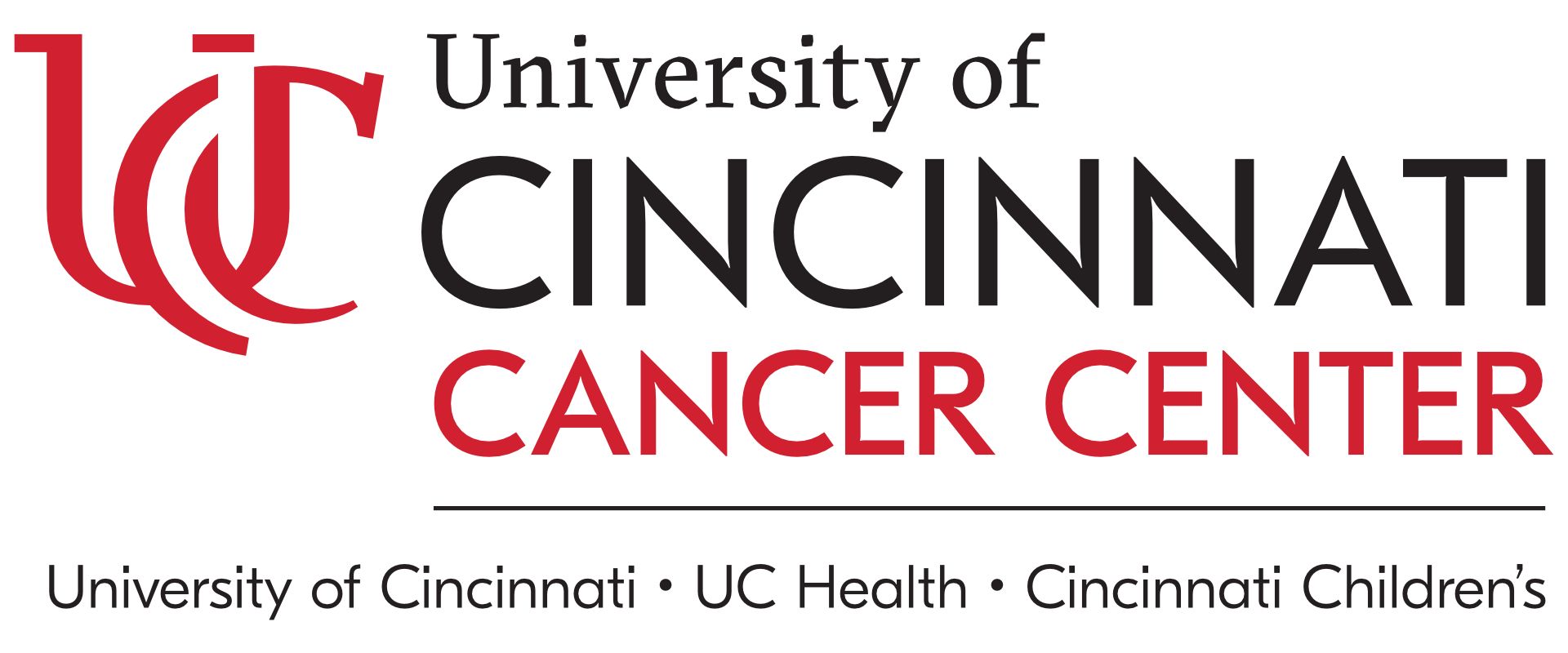
Dr. Tahir Latif on Lower Male Survival Rates in Diffuse Large B-cell Lymphoma

Tahir Latif, MD, associate professor of Medicine, interim chief, Division of Hematology Oncology, director, Infusion Services University of Cincinnati Cancer Institute, discusses differences in male survival rates versus female among patients with diffuse large B-cell lymphoma (DLBCL).
Tahir Latif, MD, associate professor of Medicine, interim chief, Division of Hematology Oncology, director, Infusion Services University of Cincinnati Cancer Institute, discusses differences in male survival rates versus female among patients with diffuse large B-cell lymphoma (DLBCL).
A recent study, which looked at 122 patients with DLBCL who had received R-CHOP, found that relative risk of death for male patients aged ≥60 years was about 1.19 times above females in the same age group. This may because male patients are not receiving enough rituximab for their body surface area, they may metabolize the drug much quicker, or they may simply require a higher dose for other reasons, said Latif.
It was already understood that age was an important factor in predicting mortality in DLBCL, however it was surprising to discover that sex was also an important factor, Latif added.




































